Healthcare providers globally are facing a shortage of available nursing staff, impacting their ability to provide adequate care and causing stress and burnout among staff as they juggle even greater workloads. In this article, we look at some of the factors behind the shortages and discuss how Workforce Management Software can help providers retain existing staff, attract new staff, and ensure the provision of safe care in their organizations by improving operational efficiency and supporting measures that improve nurses’ working experience.
The State of World Nursing
In April 2020, the World Health Organization published the first-ever State of the World’s Nursing, 2020 report, a snapshot of the global nursing workforce. The report confirmed that nursing is the largest occupational group in the health sector, accounting for approximately 59% of the health professions globally. A key finding was that the world does not have a nursing workforce commensurate with requirements. The global shortage of nurses is estimated to be 5.9 million.
Global shortage of nurses
% of Nursing in Total Health Professions
“The world needs to learn from COVID-19 that it is essential to invest more in nursing. This report is a stark reminder of the unique role nurses play, and a wake-up call to ensure they get the support they need to keep the world healthy.“
Dr. Tedros Adhanom Ghebreyesu, WHO Secretary-General
The nurse shortage has now become one of the most pressing issues facing Healthcare organizations. In the American College of Healthcare Executives Annual Survey 2021, Hospital CEOs ranked personnel shortages as their No. 1 concern. Most CEOs (94%) ranked a deficit of registered nurses as the most pressing within the category of personnel shortages.
The Covid effect
The experience of working through Covid-19 has caused many in the profession to re-evaluate their careers. Since Covid-19 many nurses have reported their intention to leave or scale back their work due to burnout, understaffing, feeling underappreciated, and difficulties in managing their work with other responsibilities. A 2021 survey conducted by healthcare jobs marketplace company Vivian found that nearly 1 in 4 nurses were considering leaving the profession, a number that was even higher among ICU nurses who have borne the brunt of caring for critically ill Covid-19 patients.
A 2022 survey by Nurse.org summarized the situation by saying “Nurses are not okay”. Only 12% of the nurses surveyed were happy with their current job with many expressing their wish to change jobs within the nursing profession, stay in healthcare but get away from the bedside or leave the nursing profession entirely. Over 80% felt burned out, underpaid, frustrated with their administrators, and that the year has affected their mental health.
Nurses happy with their current job
Nurses who feel burned out, underpaid and frustrated with their administrators
The Nurse.org survey reported that nurses are leaving the bedside because of issues like:
-
- Inadequate staffing ratios
- Not getting equal pay for equal experience
- Not having adequate backup
- An inability to take breaks, sick days, or even turn down extra shifts
There is however some room for positivity, with 36% of nurses reporting they would like to stay in their current positions but that changes would need to be made for that to happen. 70% still think nursing is a great career and 64% still think that new nurses should join the profession.
% of Nurses reporting they would like to stay in their current positions
% of nurses who still think nursing is a great career
% of nurses who still think that new nurses should join the profession
“While it’s clear healthcare facilities need to take aggressive action to recruit staff to make up for the increasing turnover, steps also need to be taken to retain and engage existing staff and to make sure that all units are appropriately staffed so that we can continue to provide safe care to patients in our community.“
Deborah J. Bowen, FACHE, CAE, president and CEO of American College of Health Executives
How Workforce Management Software can help?
While solutions such as international recruitment and examining pay and benefit structures are needed, adopting strategies to reduce stress and improve the day-to-day working lives of nursing staff are also needed to improve staff retention and help attract new employees. This is where Softworks Workforce Management can help. Our software has been designed specifically to address the unique challenges of healthcare and offers solutions to help improve nurses’ work environment through:
1. Optimized scheduling
2. Empowering employees with greater control over their working lives
3. Ensuring safe staffing based on patient acuity
4. Guaranteeing fairness with rules-based scheduling
5. Valuing employees
1. Optimized scheduling
Effective employee scheduling is the building block for the provision of excellent patient care and plays a key role in employee satisfaction levels. Ineffective scheduling has a negative impact on patient care and leads to overworked and unsatisfied workers with potentially higher rates of absenteeism.
Softworks’ centralized scheduling solution streamlines and optimizes the entire nurse scheduling process avoiding the negative consequences of ineffective scheduling. Using the accurate and centrally available employee time, attendance, absence, and skills information in the system allows healthcare providers to automate the creation of optimized, equitable schedules that fully match expected demand levels.
Optimizing the schedule with employed staff helps reduce the need to reach out to travel/agency nurses who are also experiencing shortages in available staff at this time. In addition, it helps solve problems that can create stress, such as unexpected or mandatory overtime, by allowing nurse managers to easily and quickly reallocate staff members within their divisions as needed.
Schedules can be created weeks and months in advance giving employees more visibility over their working schedules and facilitating a better work-life balance. Once finalized, schedules can be published through the Employee Self-service App so that staff is aware at all times of what their expected working pattern will be.
In addition, features such as “shift swap” which allows employees to request shift swaps, all contribute to giving employees more control over their working lives, creating a culture of motivated and empowered employees – vital in helping to retain and attract nursing staff.
2. Empowering employees with more control over their work life
Each nurse is unique when it comes to their preferred working pattern which best fits their work-life commitments. Giving nurses the opportunity to input into their work schedules reduces stress and burnout and improves retention rates.
Softworks Workforce Management Software features an Employee Self-service App which can be made available to employees through smartphone, desktop, or laptop. Through the App, nurses can be allowed to input their schedule preferences and limitations, such as their availability to work overtime or specific shifts so these can be considered when schedules are created, a key factor in improving employee satisfaction.
Schedules can be communicated to all staff through the App which is available 24/7 allowing nurses to easily view information such as schedules, annual leave balances, and personal information which is giving them more control over their working lives and contributes significantly towards improving employee satisfaction and retention.
Nurses who find they are unable to work a shift assigned to them can instantly communicate a shift swap request through the App allowing interested team members to pick up the shift. To ensure quality of care, only those nurses with the correct certifications required for the shift can apply for the shift and all shift swaps are approved by the relevant Manager. On the other hand, nurses who wish to pick up extra shifts can also express that preference through the App. Only shifts for which they have the necessary credentials will be shown as available to them and again once they apply to work this shift their application is reviewed by a manager before the shift is approved.
Nurses can also update their personal records to reflect changes such as bank details or addresses straight away – no emails and no waiting for HR to confirm receipt. Everyone can be sure the information is instantly updated in the central Workforce Management System, improving communication and avoiding errors.
Requesting or canceling leave and viewing leave balances through the App is also simple to do. Once leave is approved, nurses receive an automated email alert and their leave balance is automatically updated. The nurse is marked as “unavailable” for that day so they can’t be scheduled to work on a day when they are on leave – a source of annoyance for nurses.
With greater visibility and control of their own information, it becomes easier for nurses to juggle their work and personal lives leading to an enhanced employee experience, less absenteeism, and more engaged employees.
Learn more: What is Softworks Self-service App?
3. Ensuring safe staffing
According to the Nurse.org survey, the number one reason nurses want to leave the bedside is because of unsafe staffing ratios. 80% of nurses say their units are inadequately staffed. This leads to a never-ending cycle of shortages: nurses feel they face unsafe staffing so they decide to leave the bedside, this results in even fewer nurses available to care for patients, so the downward cycle continues.
A comprehensive approach to safe staffing addresses the intensity of care required by individual patients rather than the more traditional method of assigning resources based on patient numbers. Softworks Acuity-based scheduling takes into account the intensity of nursing care, basing nursing resources on patients’ needs. Under this model, a patient in a high-dependency unit will be assigned more nursing resources than a patient about to be discharged.
Because acuity-based scheduling matches the work required to the skills, experience, capacity, and availability of a nurse, nurses aren’t overloaded or overstretched. This results in reduced stress levels and more satisfied employees who can apply their skills correctly instead of operating in permanent “fire-fighting” mode which can lead to burnout and high dissatisfaction levels among nurses.
4. Guaranteeing fairness
A common scheduling challenge faced by those responsible for creating schedules is making sure everyone takes their fair share of on-call, holiday, weekend and overnight shifts. If this is not the case it can heighten resentment, stress and tension among colleagues in the work environment.
Softworks Scheduling Software can be configured to reflect fairness rules that have been agreed upon within the organization and to ensure each team member is treated equally. Rules can be configured within the system for the entire organization or personalized for each team or department. This reduces stress on those responsible for scheduling as they no longer need to work from memory about who worked on which shifts in the past and ensures fairness among team members. The equitable distribution of shifts promotes a more positive work environment and leads to a better employee experience.
Learn more: How to guarantee fairness with Softworks?
5. Valuing employees
Listening to nurse feedback and recognizing the important role they play in the healthcare organization is important for morale and retention. Employee surveys are an effective way to understand the mood and concerns of employees, especially during these challenging times. Surveys help organizations uncover the issues that impact productivity and engagement, and provide insights that can be used to improve the organization.
Employee feedback or opinion surveys can be shared with nurses through the Softworks Self-Service App allowing them to quickly and easily give feedback and opinions on key issues and ensuring voices from the frontline are heard in a structured and constructive way.
After we get the big things right, it’s the little things that start to matter. Alerts to recognize work anniversaries, birthdays and other milestones can be configured in the system so nurses’ special days are recognized and acknowledged enabling them to feel valued and appreciated and contributing to the sense of belonging in the workplace.

Summary
Healthcare providers globally are facing a shortage of available nursing staff which is impacting their ability to provide adequate care and causing stress and burnout among existing staff as they manage increasing workloads. While the approach to the problem is a multi-faceted one, adopting Workforce Management Software can help healthcare providers implement many measures that impact positively on nurses’ work environment and their satisfaction levels which can help providers retain and attract valuable nursing staff in this challenging environment.
Request a free Demo!
Take the first step towards a complete workforce management solution. Talk to us today!
About Tomislav Rucevic
Tomislav Rucevic, an SEO Specialist at Softworks, stands out as more than just a marketer. He’s a fervent writer and influential thinker passionate about Workforce Management, HR, and work-life dynamics. Holding an MBA in Marketing, Tomislav excels in creating content that delves into the complexities of the modern workplace.
His dedication to writing on these topics is highlighted in his MBA thesis, which examined the link between Employee Motivation and Quality Improvement. At Softworks, he expertly merges his SEO skills with his writing prowess, contributing to the company’s digital success and advancing discussions on enhancing work environments and achieving work-life balance.
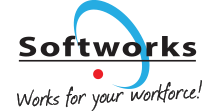


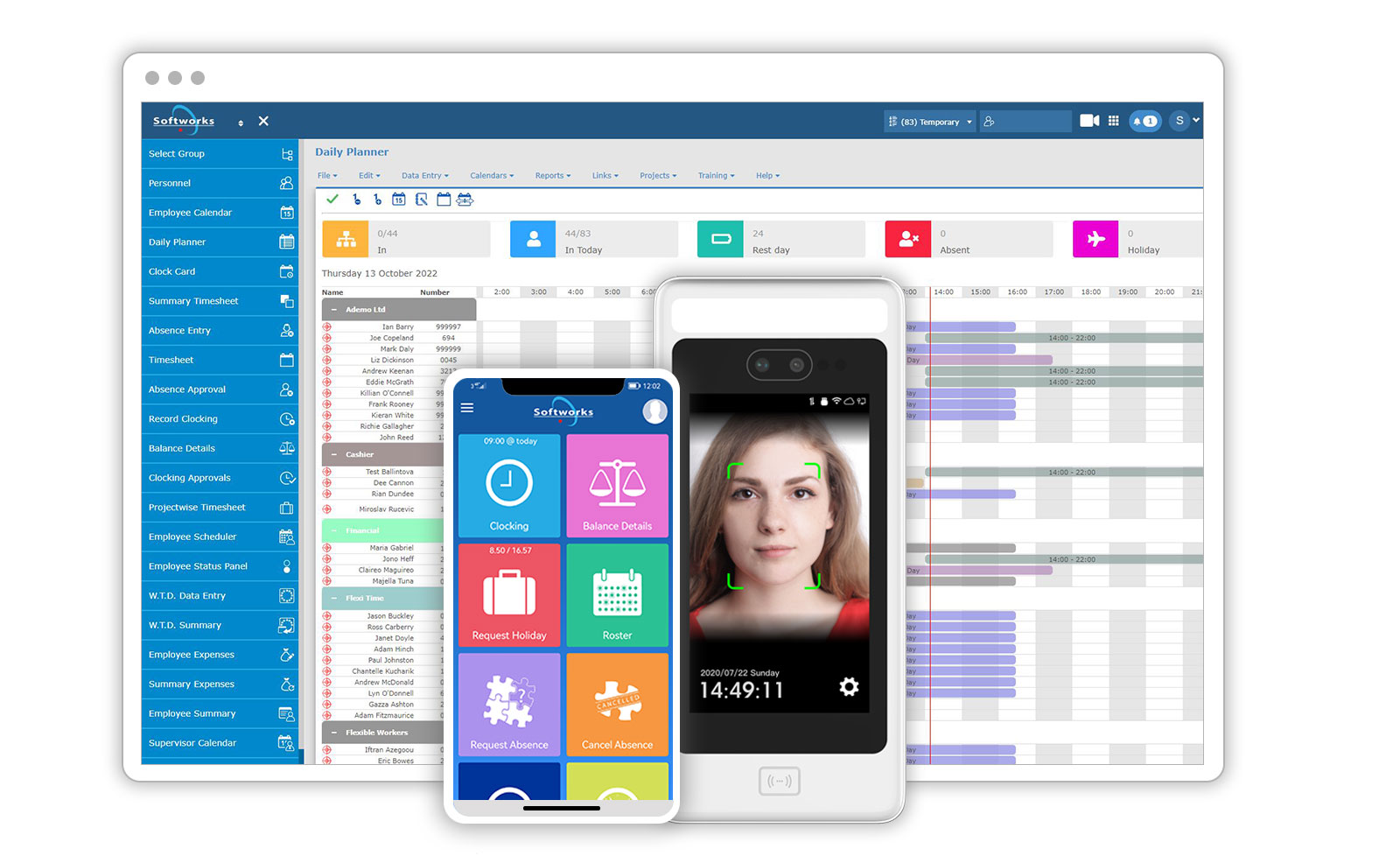
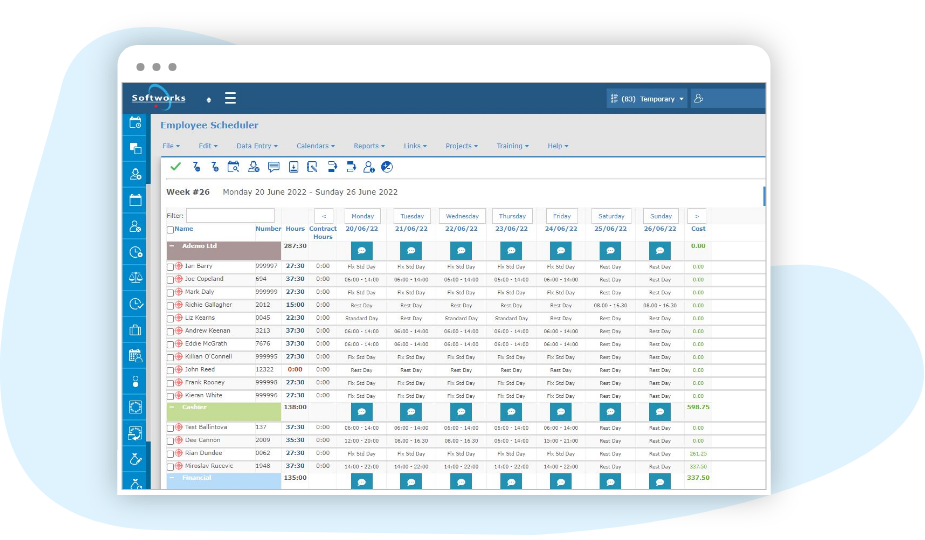
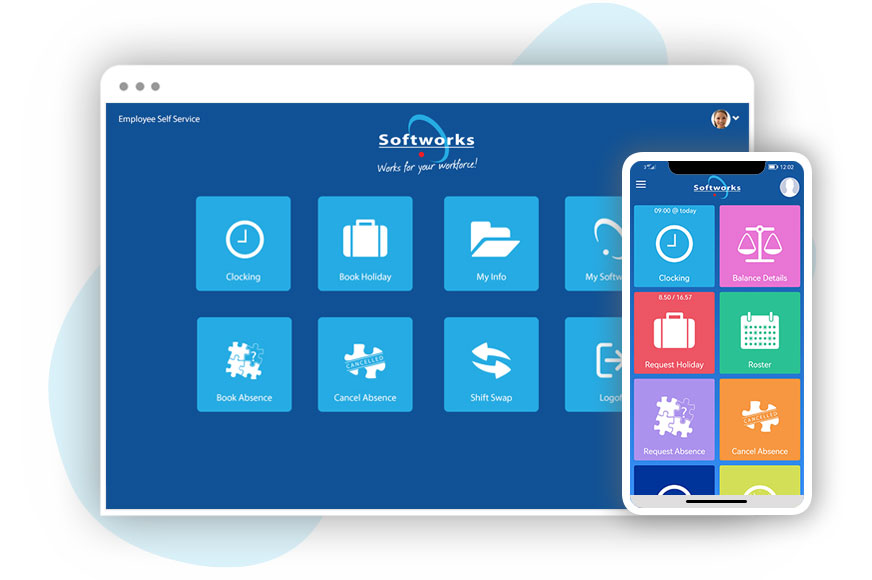
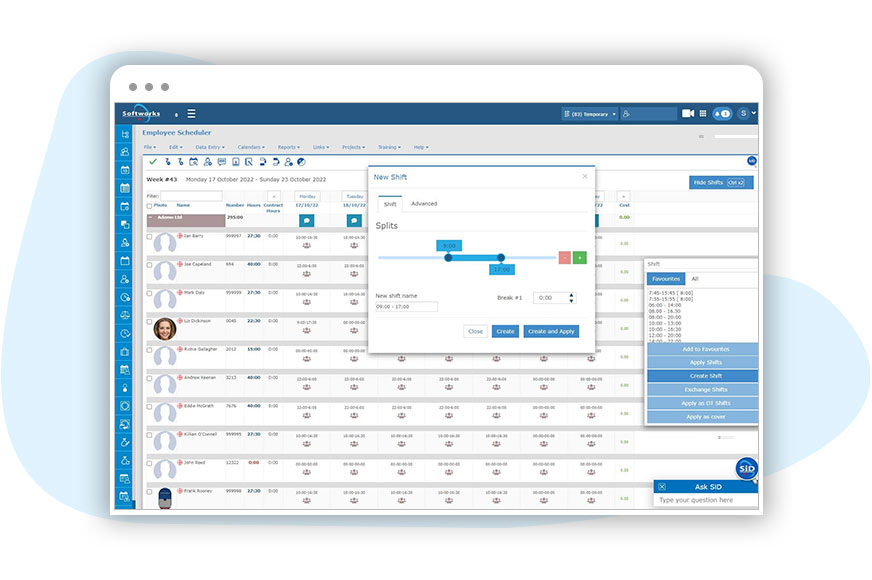






This article highlights a critical issue in healthcare. Workforce management software can be a game-changer in addressing the nurse shortage by optimizing staff allocation and improving working conditions. It’s essential for healthcare providers to invest in these solutions to enhance patient care and reduce burnout among nurses.